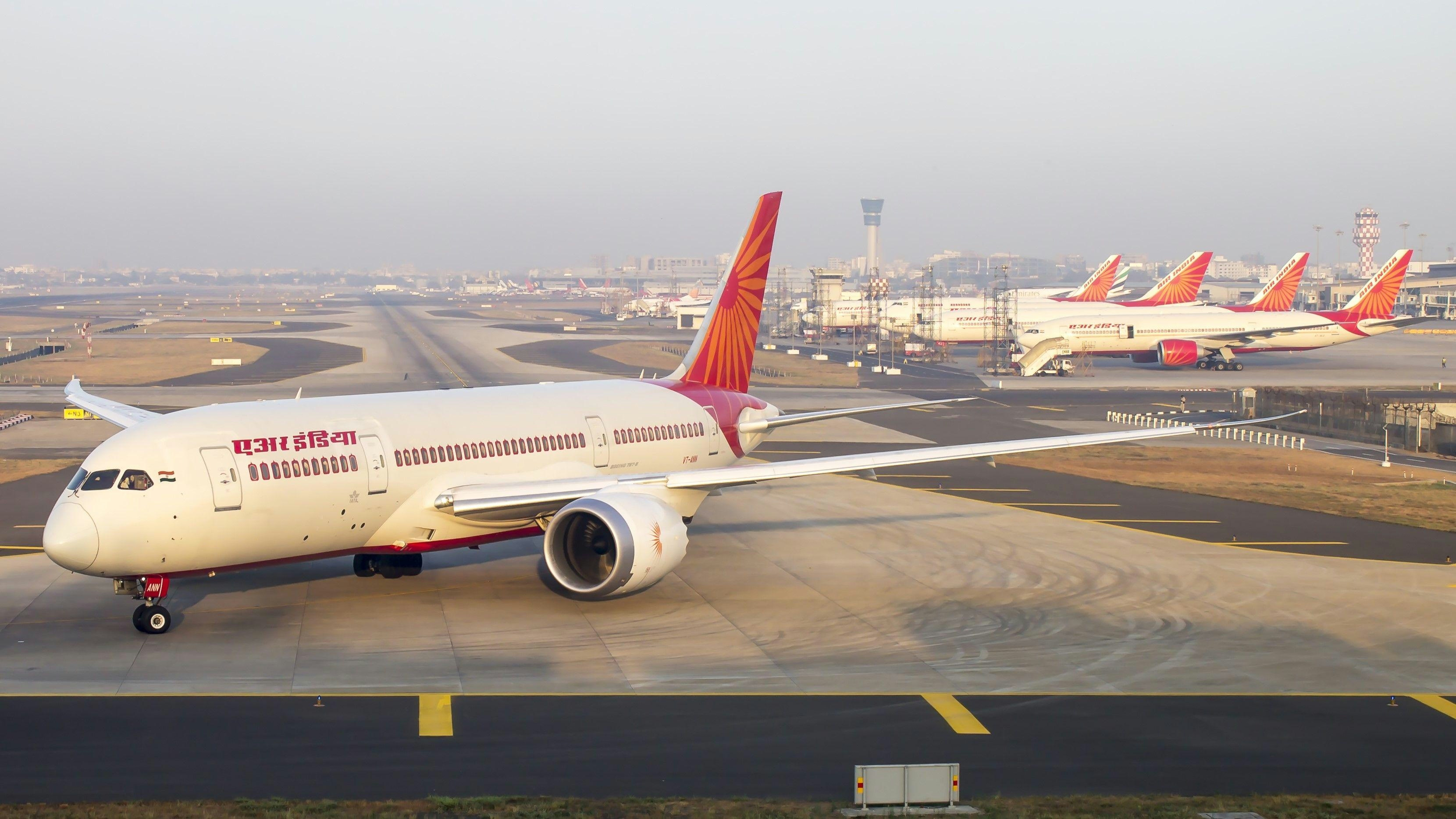
Smarter email, faster business.
Trending
Parliament Panel Questions Aviation Officials on AI-171 Crash and Airfare Increases
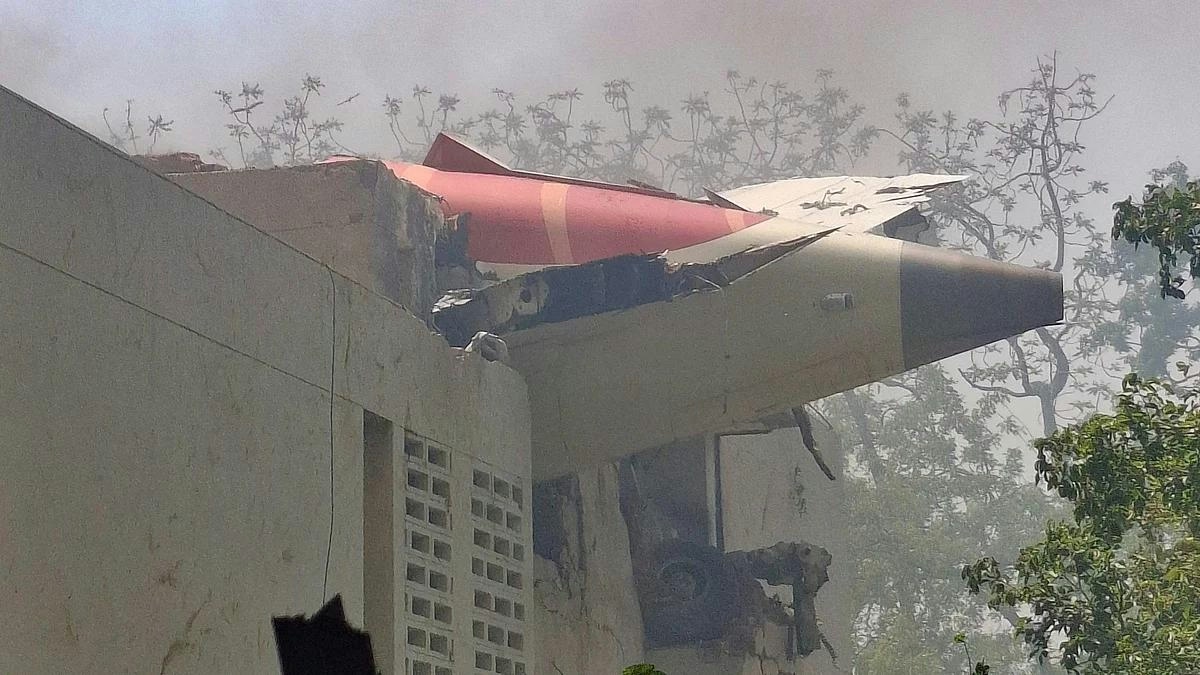
Parliamentary Panel Questions Aviation Authorities on AI-171 Crash and Airfare Surge
Investigation into Air India Flight 171 Crash
In a session held on Tuesday, a Parliamentary Panel rigorously questioned senior officials from the Ministry of Civil Aviation, airlines, and airport authorities concerning the recent crash of Air India Flight 171 and the subsequent rise in airfares. The meeting aimed to collect oral evidence from representatives of key agencies, including the Directorate General of Civil Aviation (DGCA), Airports Economic Regulatory Authority (AERA), Airports Authority of India (AAI), AAICLAS, and the Bureau of Civil Aviation Security (BCAS). The discussion centered on the levy and regulation of fees, tariffs, and user charges on public infrastructure and utilities, as outlined on the Lok Sabha website.
Lawmakers sought clarity on the timeline for the completion of the crash investigation report. Among the top airline executives present was Air India’s CEO and Managing Director, Campbell Wilson. The crash of Flight 171, bound for London Gatwick, occurred on June 12 shortly after takeoff from Ahmedabad, resulting in the tragic loss of 274 lives. This incident stands as one of the deadliest aviation disasters in recent Indian history.
The Ministry of Civil Aviation has been actively supporting the Aircraft Accident Investigation Bureau (AAIB), which is leading the probe from its New Delhi laboratory equipped with advanced technology. The investigation is being conducted under international standards prescribed by ICAO Annex 13 and India’s Aircraft (Investigation of Accidents and Incidents) Rules, 2017. The AAIB’s efforts are bolstered by experts from the Indian Air Force, Hindustan Aeronautics Limited (HAL), the US National Transportation Safety Board (NTSB), Boeing, GE, aviation medicine specialists, and Air Traffic Control authorities.
Officials confirmed that the crash protection module from one of the aircraft’s black boxes was recovered and accessed by June 25, with data successfully downloaded. To ensure the integrity of the data, investigators employed an identical black box, referred to as a "golden chassis," to verify the accuracy of the information retrieved from the original devices.
Impact on Aviation Sector and Fare Regulation Concerns
The crash has intensified scrutiny of Air India’s safety protocols and the regulatory oversight of the Indian aviation sector. Industry analysts warn that Air India may face substantial financial consequences, including a potential 30% increase in insurance premiums and claims. The disaster has also raised concerns about reputational damage and increased regulatory scrutiny, factors that could affect investor confidence and temporarily depress Air India’s stock price. In response, competing airlines are reportedly enhancing their safety audits and compliance measures.
Beyond the immediate fallout, the tragedy has sparked broader questions regarding aviation oversight in India and may influence tourism and business travel patterns. During the parliamentary session, members also expressed concern over a sharp rise in airfares to Srinagar following the Pahalgam terror attack in April. This issue highlighted ongoing challenges related to fare regulation and consumer protection amid national security crises.
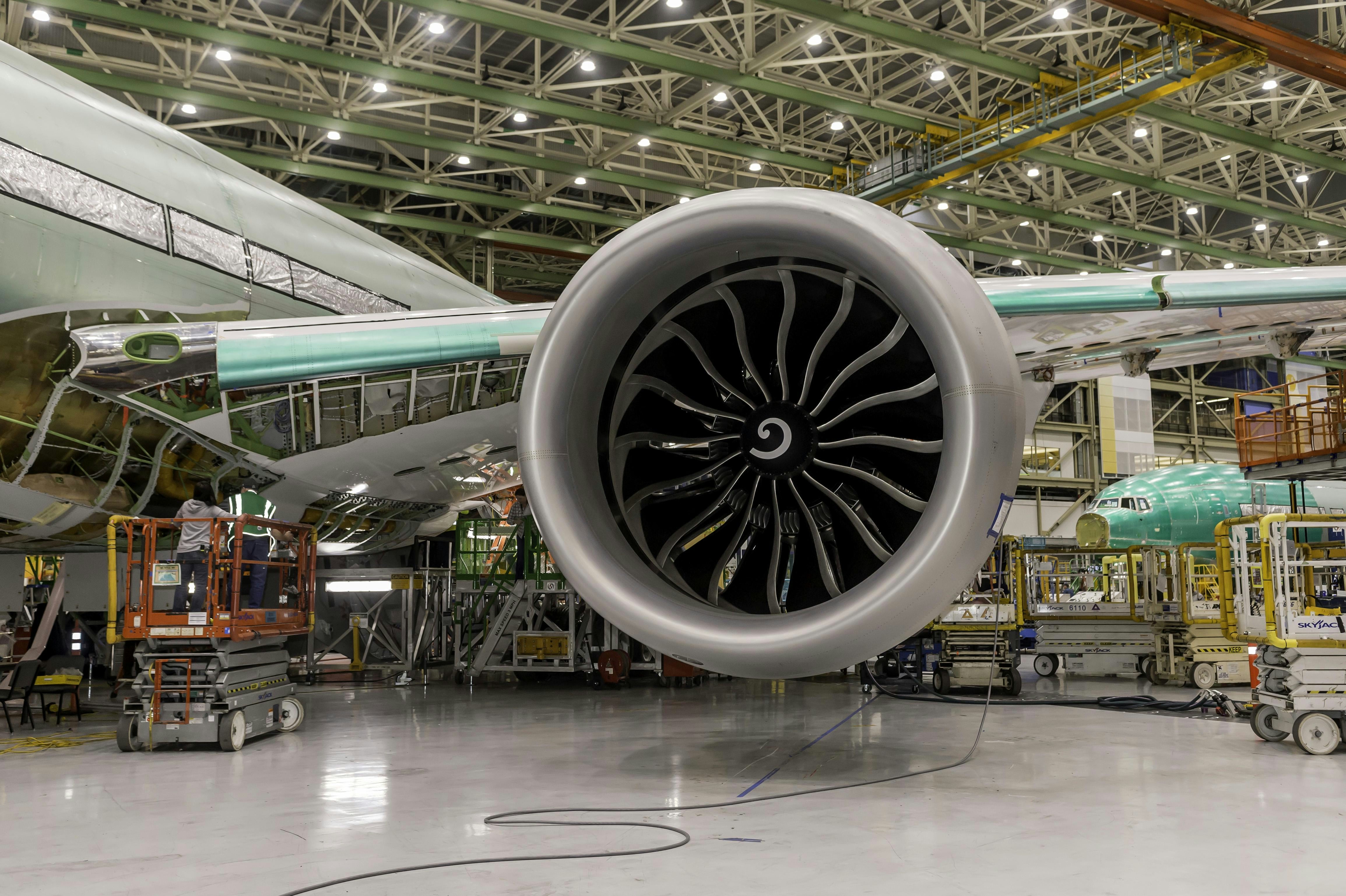
IATA Says Airlines Hesitant to Accept Aircraft Deliveries Amid Tariff Uncertainty

Flying Taxi CEO Regains Billionaire Status After Stock Surges 160%
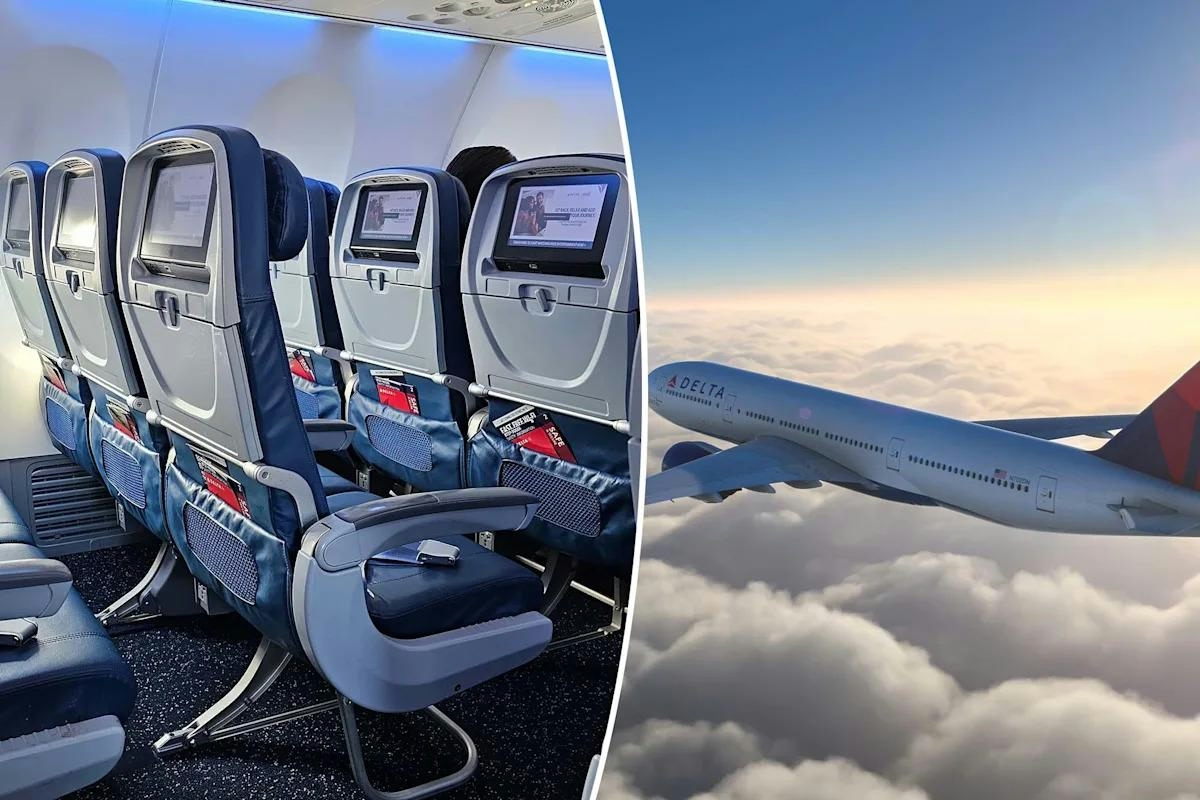
Delta to Use AI for Ticket Pricing
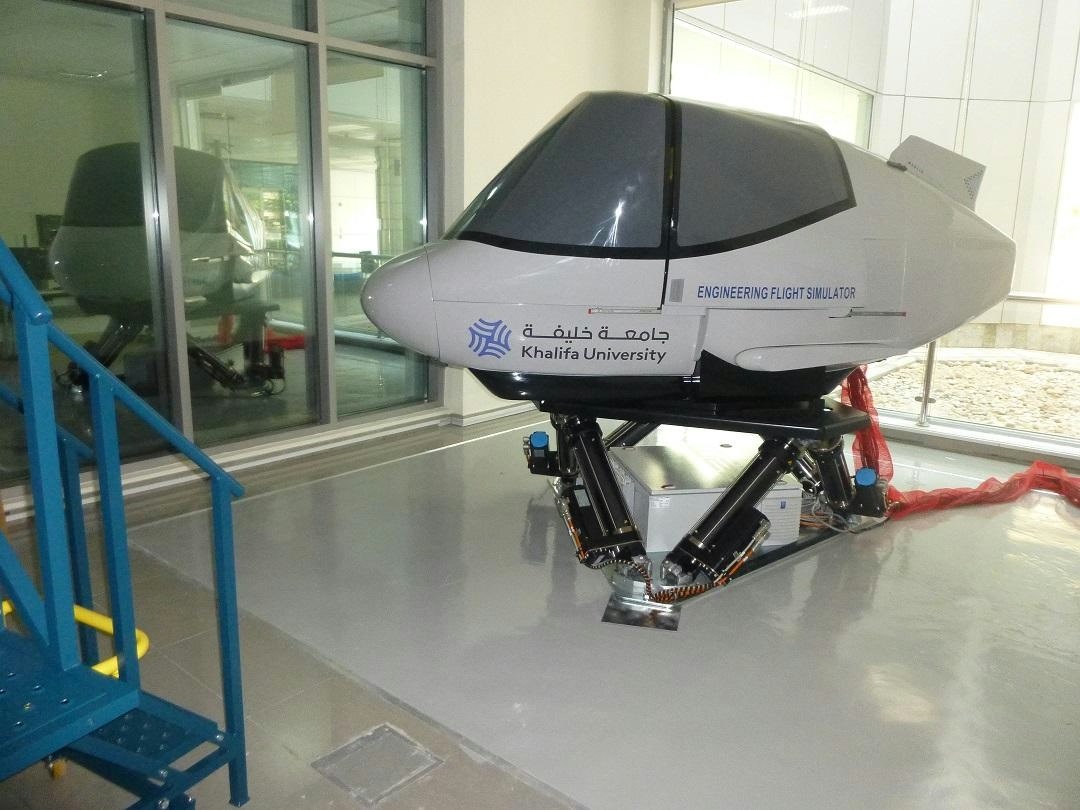
Khalifa University Students Drive Aerospace Innovation with Merlin MP521 Flight Simulator
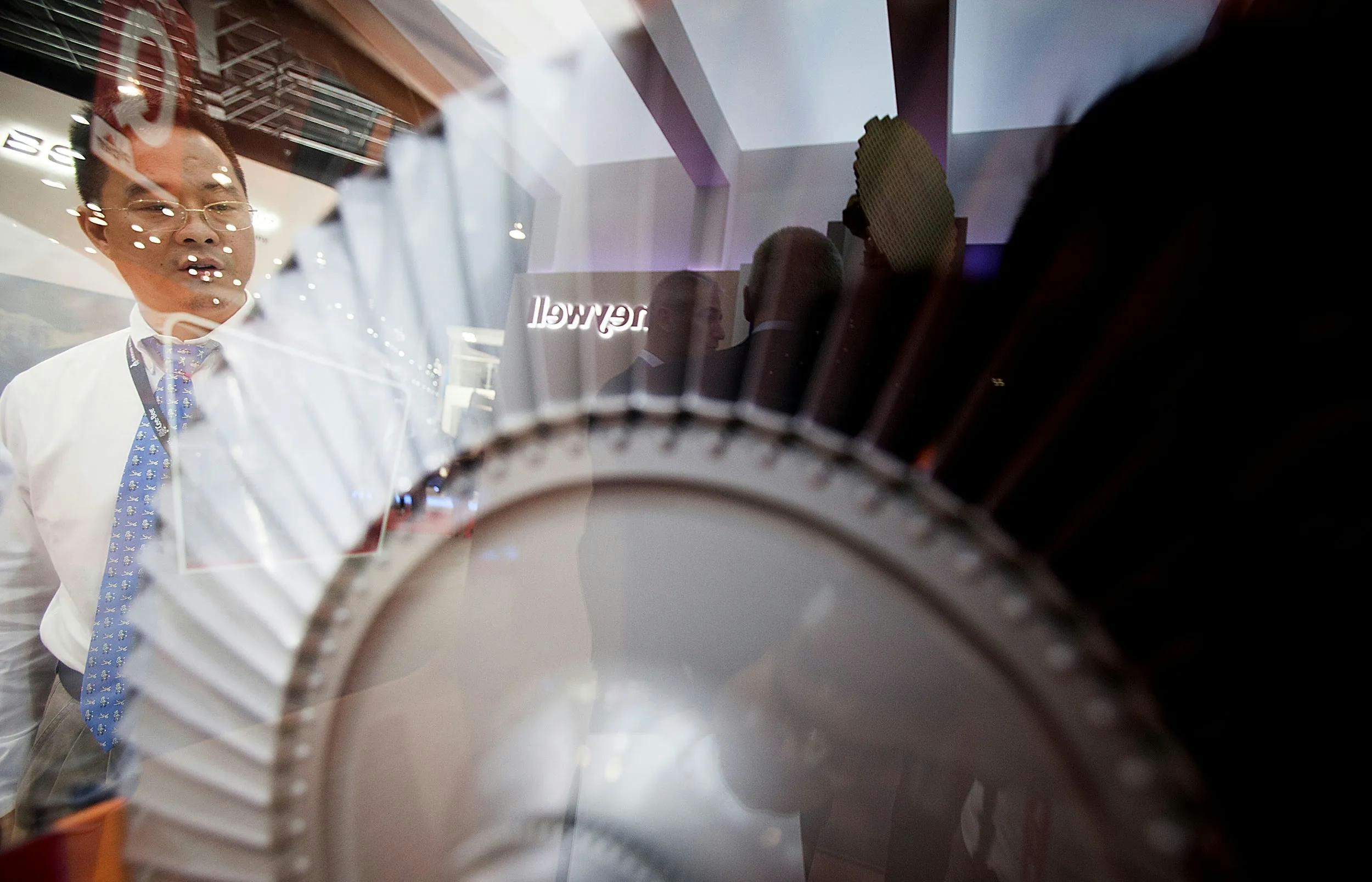
Woodward Stock Gains on AI Data Center and Aerospace Prospects
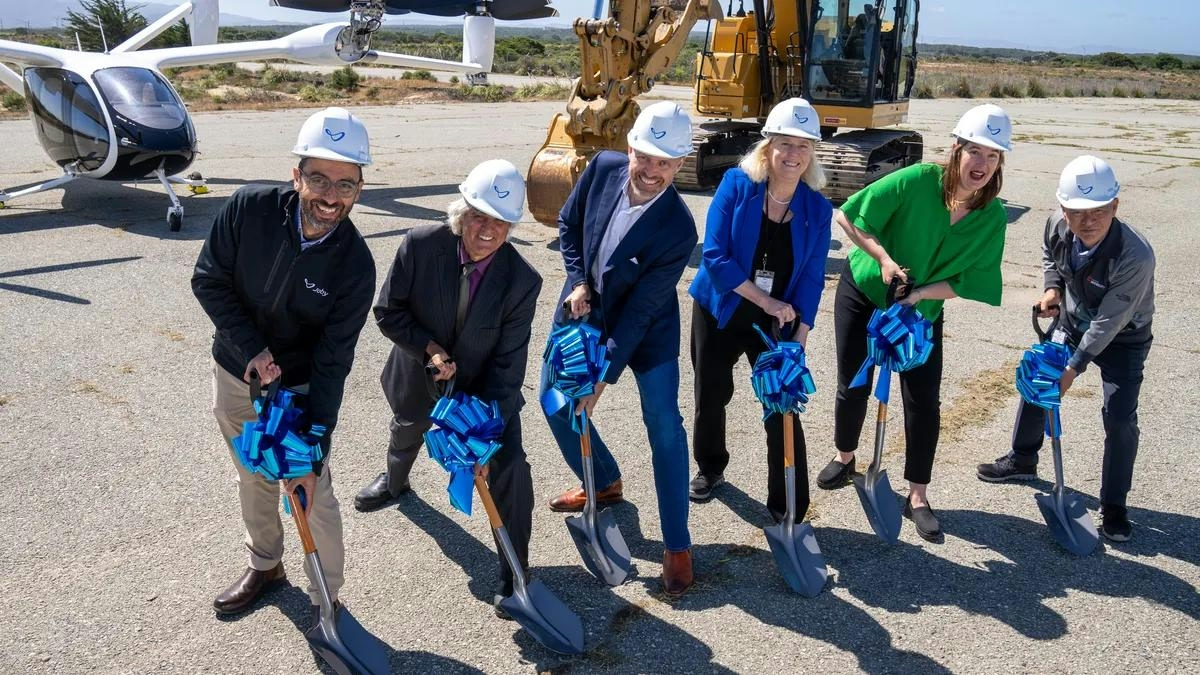
Joby Aviation to Double Production at Air Taxi Manufacturing Facility

Military Aircraft Maintenance Market Projected to Reach $145 Billion by 2034

King’s Advances Jet Zero Initiative with Hydrogen Engine Project
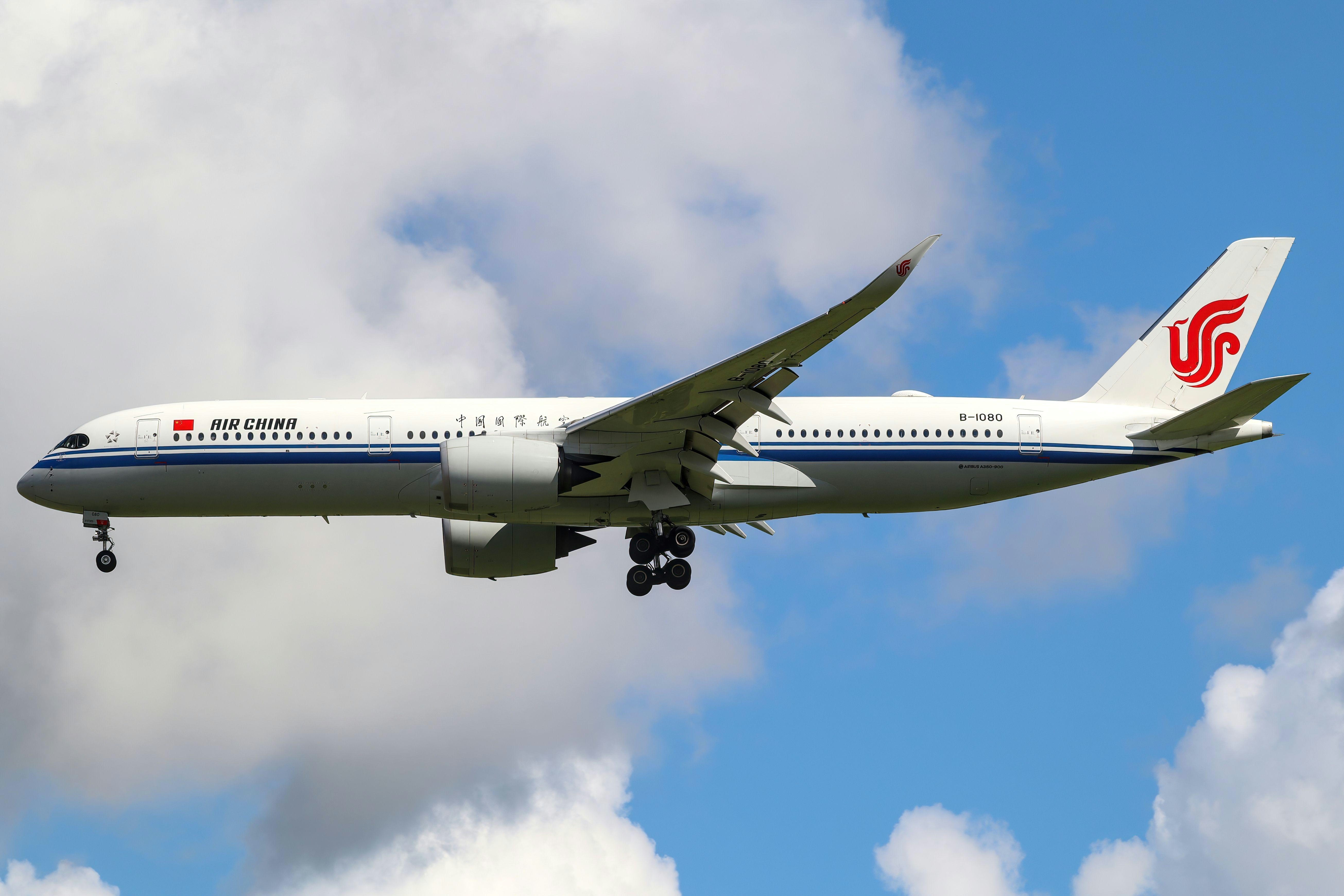
Air China A350 and Freighter Nearly Collide Over Russia
